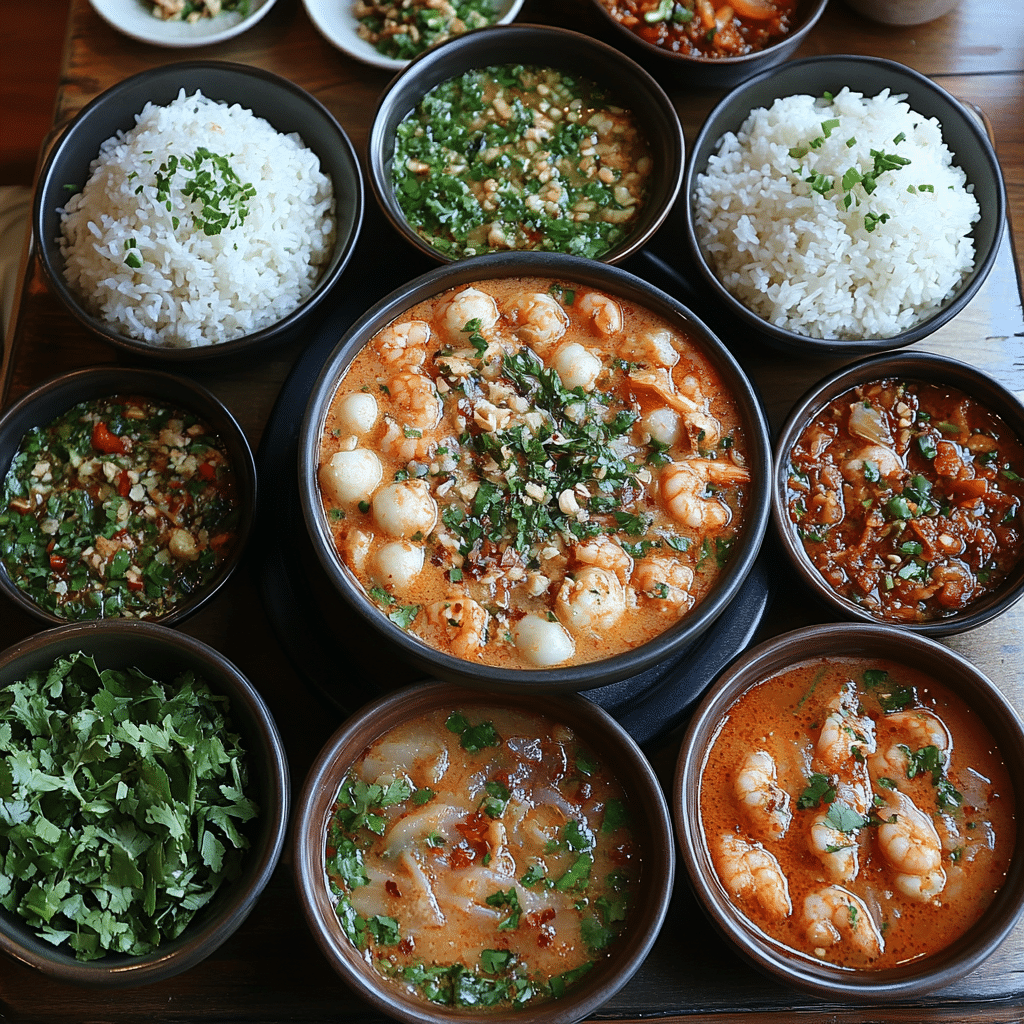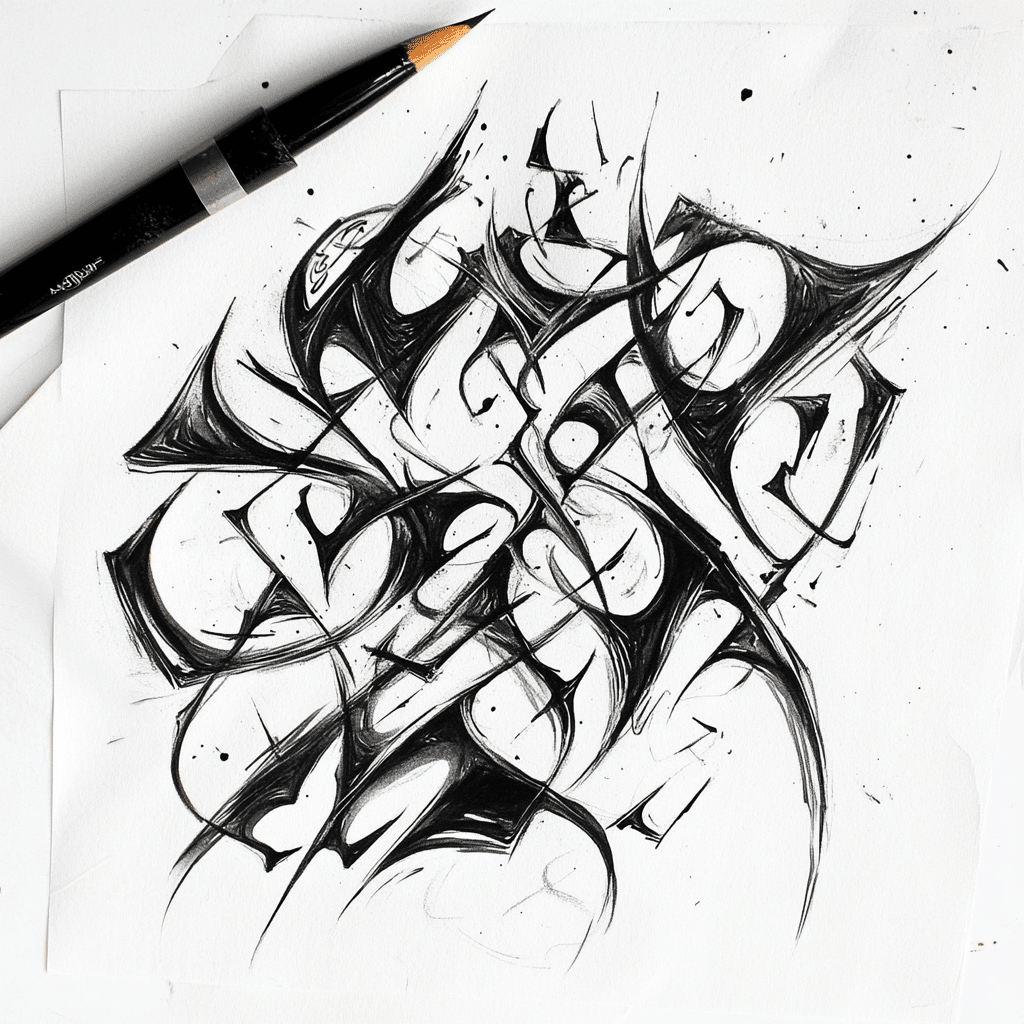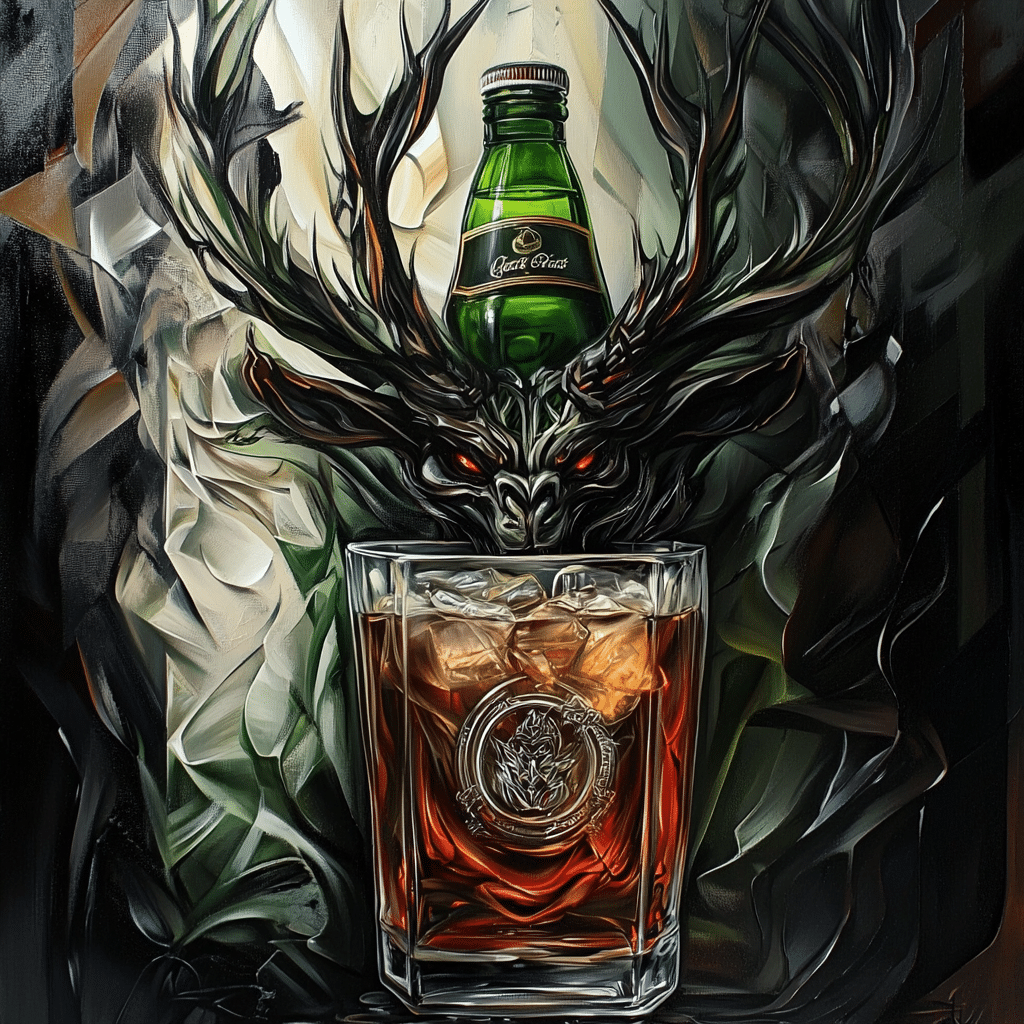1. The Emergence of the Black American Flag
In recent years, the black American flag has emerged as a powerful symbol of unity and pride within the Black community in the United States. This flag isn’t just about African American identity; it represents the resilience, cultural heritage, and shared struggles of Black individuals against systemic oppression. The striking design, predominantly featuring monochromatic black stripes, captures a legacy steeped in both historical context and modern relevance.
The black American flag is often seen as a response to a nation that sometimes forgets its most marginalized groups. It’s a visual cue that fosters dialogue about the African American experience, allowing individuals to express pride and solidarity. Its roots trace back to the Pan-African flag created in 1920, which aimed to unify the concept of Black liberation in the U.S. and beyond.
By adopting the black American flag, individuals and organizations have crafted a nuanced narrative that integrates echoes of centuries-old struggles with contemporary fights for justice and equality. This flag has become not just a banner but a rallying point for empowerment, fostering a sense of community that has resonated with many Americans.
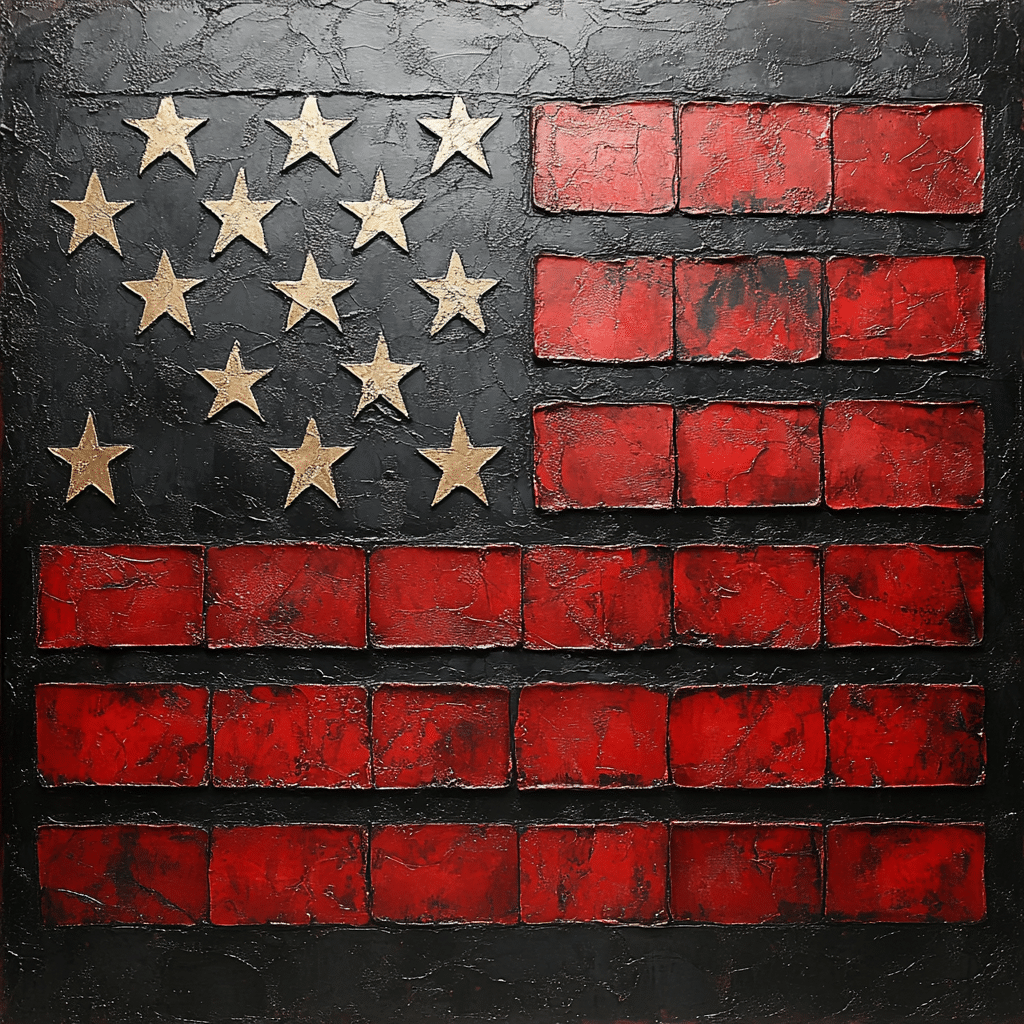
2. Top 5 Reasons the Black American Flag Resonates Today
1. Cultural Representation and Empowerment
The black American flag stands as a rallying point for cultural identity and pride among African Americans. By displaying this flag, individuals affirm their heritage and express solidarity. Prominent organizations like the NAACP and visionaries such as filmmaker Ava DuVernay have embraced this flag as a symbol of empowerment. It’s a way for people to show where they stand on crucial issues.
2. A Response to Racial Injustice
The black American flag gained traction during the Black Lives Matter movement, a time when the country was pushed to confront its racial injustices. Activists often use this flag in their protests, suggesting it represents not only an identity but also a commitment to fighting against oppression and inequality. It intertwines with the concept of the national anthem, encouraging discussions about whether the anthem truly represents all Americans.
3. Artistic Expression and Social Commentary
Artists are using the black American flag in groundbreaking ways to comment on race relations. Talented individuals like Kehinde Wiley, known for his vibrant portraits, creatively intertwine elements of the flag into their works. This artistic approach provokes necessary conversations about identity and representation, merging traditional art forms with contemporary social issues.
4. Connecting with Pan-Africanism
The black American flag also encapsulates the broader discourse surrounding Pan-Africanism, which seeks to foster connections among people of African descent. The flag’s colors evoke those found in numerous African nations, bridging gaps between the Black experience in America and the rich cultural heritage from which it originates. Events like Juneteenth underscore this celebration of connections.
5. Diverse Interpretations and Community Discord
While the black American flag symbolizes pride for many, it’s not without controversy. Different interpretations of the flag have led to discussions within the community about what it should represent. Some advocate for a more inclusive symbol that embodies a collective American identity, while others see the need for a flag that uniquely highlights the Black experience and its challenges.
3. The Intersection of the Black American Flag, Anthem, and Identity
The national anthem, “The Star-Spangled Banner,” has been a topic of scrutiny concerning its racially charged history. The contrasting portrayal of the black American flag against the anthem reveals a larger conversation about national pride versus the stark realities of racial discrimination in America. Many activists, including high-profile figures like Colin Kaepernick, have used their platforms to voice concerns about systemic racism, often spotlighting the anthem’s shortcomings.
This juxtaposition prompts a dialogue surrounding what it means to belong in a nation that promises liberty and justice for all. Engaging with the black American flag alongside the anthem opens up pathways for understanding and reconciliation, presenting an opportunity to bridge divides in society.
As conversations surrounding race evolve, the flag can play a significant role in reshaping narratives, challenging perceptions, and fostering unity in a time of division.
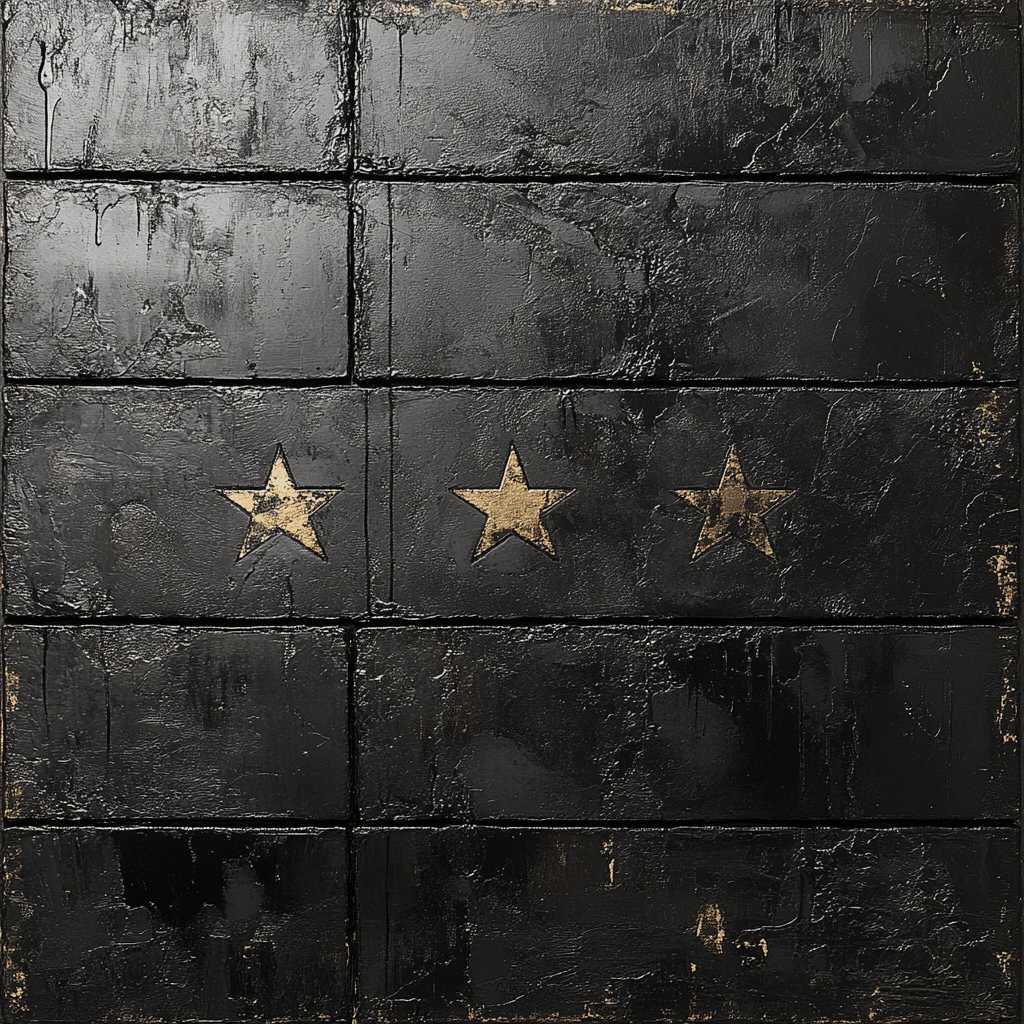
4. The Black American Flag in Popular Culture
From fashion statements to music videos, the black American flag has effortlessly permeated popular culture, signaling a movement that resonates across generations. Artists, including Beyoncé, have infused elements of the flag into their performances, amplifying its presence while celebrating Black culture. This visibility helps transform it into a symbol that goes beyond mere aesthetic; it becomes a powerful narrative of pride.
Brands like Telfar, which emphasize Black ownership and culture, utilize imagery of the black American flag in their marketing campaigns. This approach not only promotes equality but makes the flag part of mainstream consciousness. Even events like the Super Bowl have seen artists proudly showcasing their ties to the flag.
The integration of the black American flag into popular culture sends a strong message to the world—one of inclusion, awareness, and solidarity. It’s a celebration of identity that transcends the confines of art and fashion, creating a unified voice for the community.
5. Future Prospects: The Road Ahead for the Black American Flag
As we look ahead, the future of the black American flag remains bright and multifaceted. With activism continually evolving, its meaning and significance are likely to shift, opening new avenues for dialogue about race relations in America. The flag’s increased presence in civil and cultural arenas can potentially drive conversations about equity and belonging in today’s society.
This narrative does not end here; the black American flag symbolizes ongoing struggles for justice and a universal voice amid diversity in the Black experience. As communities unite, confront challenges, and celebrate triumphs, the flag will stand as a beacon of hope and unity, inspiring future generations.
Fostering connection and embracing the history intertwined within the black American flag means acknowledging both the triumphs and the ongoing fight for justice. As discussions continue, the flag remains a vital instrument for healing and progress, offering a platform for individuals to express their identity with pride.
In this ever-changing landscape, the black American flag serves as a vibrant reminder that unity and pride are vital components of the ongoing journey for equality. The future holds a promise of continued growth, dialogue, and a reinforced sense of community, ensuring that this flag remains a powerful emblem of what it means to come together and thrive, no matter the challenges faced.
Black American Flag: Symbolizing Unity and Pride
The black American flag serves as a compelling symbol of resilience and community, connecting those who fly it with a larger narrative of pride. Did you know that the color black represents more than just a absence of light? It speaks to the richness and depth of identity, showcasing the profound experiences of Black Americans throughout history. Events like the Snoop Dogg Olympic Pin collection remind us how cultural symbols resonate with our collective unity and pride—but the black American flag takes it a step further, inviting conversations that bridge gaps and foster deeper connections.
A Deeper Dive into its Significance
When you think about flags, they often tell stories about a group’s heritage. The black American flag is no exception. It’s a statement piece that embodies a fight for equality, just as the Phoenix Hip-hop Underground Phu captures the spirit of grassroots movements. Alongside symbols like the Inmotion Rs fitness program promoting health awareness, the black American flag motivates individuals to embrace their backgrounds while striving for a connected future.
Cultural Context and Current Trends
Trends change, but the roots of cultural symbols remain strong. Just as the Tube Top made waves in fashion, the black American flag has grown in visibility and relevance. It’s often seen in celebrations—including gatherings at venues like Secu Stadium—making it clear that pride is both personal and communal. Plus, it’s intriguing how figures in pop culture, like Diddy with Baby Oil, shine light on important matters, proving that such representations transcend genres and speak to unity. So next time you see the black American flag flying high, remember it represents a multitude of voices coming together, sparking joy and igniting conversations of change.
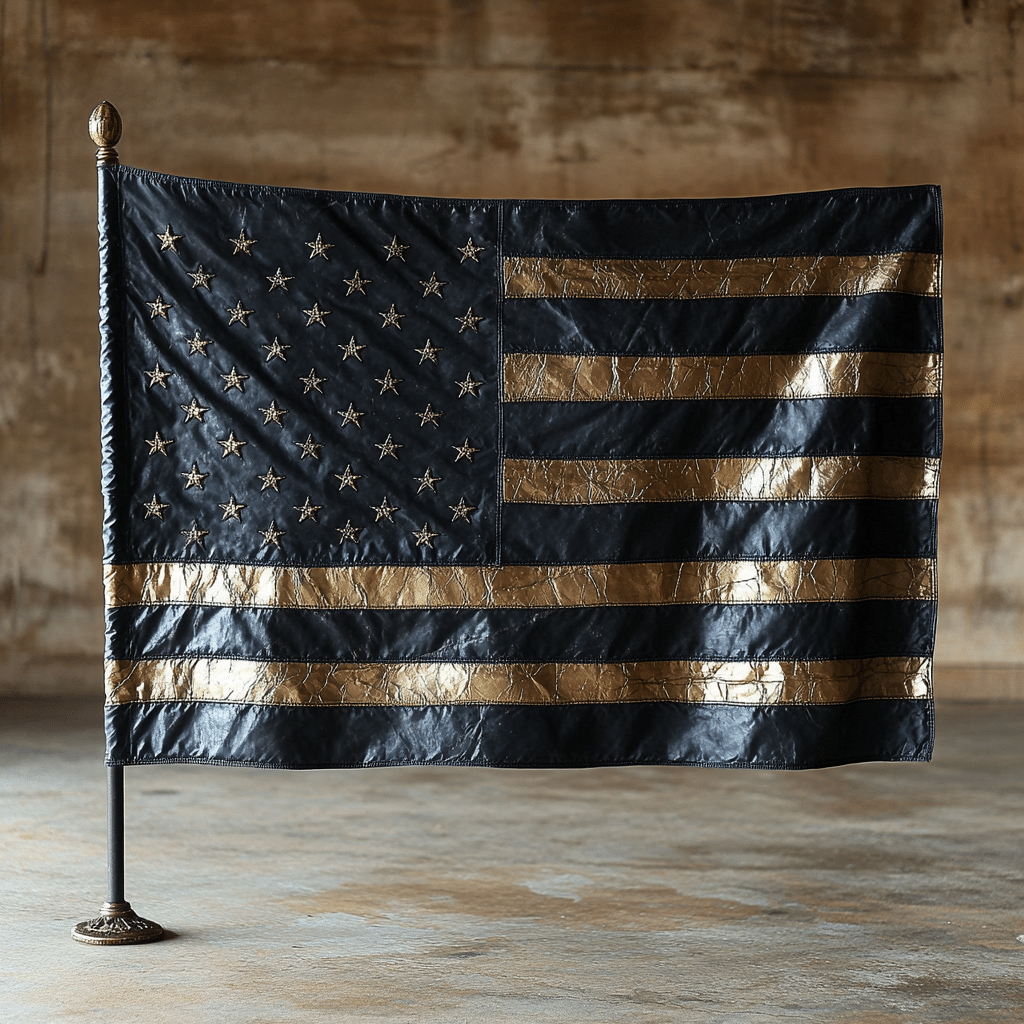
What is the meaning of the black national flag?
The black national flag symbolizes unity and liberation for people of the African Diaspora, highlighting pride, the struggles for freedom, and the shared identity of Black people globally.
What is the meaning of the Black American Heritage flag?
The Black American Heritage flag is a representation of Black culture and pride in the United States, showcasing the historical and ongoing fight for equality and justice.
What does the black flag mean in political terms?
In political terms, the black flag often stands for anarchism, representing a rejection of governmental authority and conventional symbols of nationalism.
What does “black flag” mean?
“Black flag” can refer to several meanings, including a political symbol for anarchism or a warning sign in racing that signifies a driver’s disqualification.
What does the black race flag mean?
The black race flag typically symbolizes the struggles, rights, and presence of Black people in society, often associated with movements fighting against racism and inequality.
What does flying the black flag mean?
Flying the black flag can signify various meanings depending on context, from political dissent to a statement of resistance and defiance against oppression.
What does the black American flag mean on Wikipedia?
On Wikipedia, the black American flag often represents a modern interpretation of the historical fight for civil rights and is commonly associated with movements aimed at raising awareness about social justice issues.
Is there an official African American flag?
Yes, there are recognized versions of the African American flag, with one example being the Black American Heritage flag, which celebrates Black history and achievements.
What does the Juneteenth flag look like?
The Juneteenth flag features a red, white, and blue color scheme with a star in the center surrounded by a burst, symbolizing freedom and the end of slavery in the United States.
Why are people hanging black flags?
People are hanging black flags for various reasons, including political protest, expressing solidarity with movements for racial justice, or to signify mourning and loss.
What is the black civil rights flag?
The black civil rights flag often incorporates symbols and colors significant to the history and struggles of the civil rights movement, representing resilience and the fight for equality.
What does the upside down black and white American flag mean?
An upside-down black and white American flag is typically a symbol of distress or protest, indicating that the country is in trouble or facing serious issues.
Who created the black American Heritage flag?
The black American Heritage flag was created by activist and designer David Henderson in 1967 to promote Black pride and cultural unity.
What is a black flag warning?
A black flag warning is a racing signal that indicates a driver has been disqualified for a rule infraction or that they must return to the pits for a violation.
What is the black American flag with a blue stripe?
The black American flag with a blue stripe is often associated with the “Thin Blue Line” movement, symbolizing support for law enforcement within the context of broader discussions on police practices and community relations.
What does the black country flag represent?
The black country flag usually refers to flags representing specific regions or municipalities that use black as a primary color, often highlighting local identity and culture.
What is the black rights flag?
The black rights flag is a symbol used to represent the ongoing struggle for the rights of Black individuals and communities, often blending themes of pride and resistance.
What is the meaning of Pan-African?
Pan-African means a movement and philosophy that seeks to unify and connect all people of African descent globally, emphasizing shared history, culture, and goals.
What is black flag famous for?
The black flag is famous for its association with anarchism and as a powerful symbol used in protests and movements against authority and oppression.










